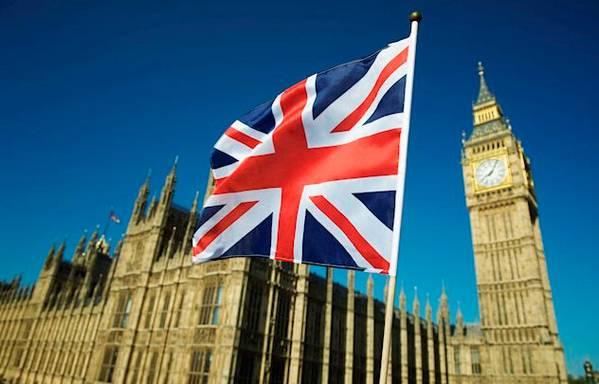LONDON, Feb. 14 (Xinhua) -- Inflation in Britain has reached a record high of 1.8 percent since 2014 in January, on the rising of fuel price, the Office for National Statistics (ONS) announced Tuesday.
The latest ONS data showed that annual level of inflation as measured by the Consumer Prices Index (CPI) hit 1.8 percent last month, compared to 1.6 percent in December, 2016, making the first month of this year the fourth consecutive month that the CPI rate has risen.
"The latest rise in CPI was mainly due to rising petrol and diesel prices, along with a significant slowdown in the fall in food prices," Mike Prestwood, head of inflation at ONS analyzed.
"The costs of raw materials and goods leaving factories both rose significantly, mainly thanks to higher oil prices and the weakened pound," said Prestwood. "Both house prices and rents continue to grow over the year but with some signs of a slowdown in recent months."
Chris Williamson, chief business economist at IHS Markit, said the Bank of England's 2.0 percent target for inflation looks likely to be breached in the months ahead.
"Further upward pressure on prices looks inevitable in coming months as energy costs continue to climb and firms pass rising costs on to customers, pushing inflation up towards 3.0 percent in the second half of the year," added Williamson.
Rain Newton-Smith, chief economist at the Confederation of British Industry (CBI), said: "Inflation has continued to creep higher, and we expect it to rise even further over the year ahead. Companies are already feeling the impact of the lower pound, with input price inflation now well into double-digits.
"It's crucial that the government doesn't put any further pressure on firms in the upcoming Budget -- top of our list is for the government to tackle the UK's outdated business rates system," noted the economist.
Commenting on the latest inflation figures, Frances O'Grady, general secretary of the TUC, Britain's main trade union organization, said: "The last thing working people need is another pay squeeze. But prices are shooting up and real wage growth is stalling."
"Next month's Budget must set out a clear plan for preventing another living standards crisis -- families still haven't recovered from the last one," said O'Grady. "This should include ending the current pay restrictions on nurses, teachers and other public servants."




 A single purchase
A single purchase









